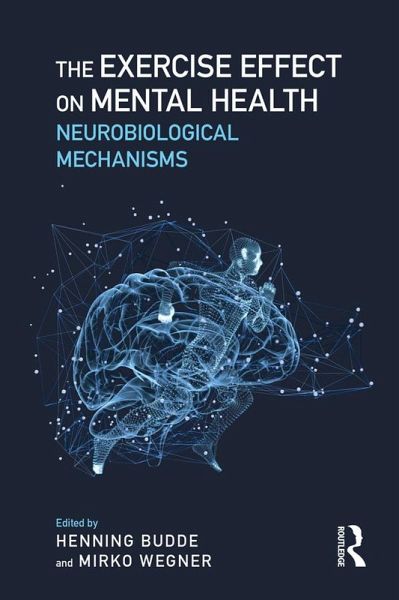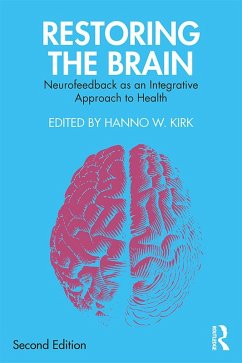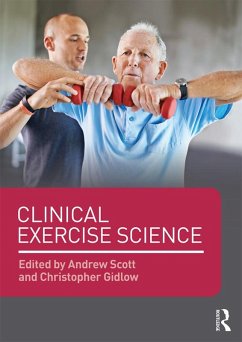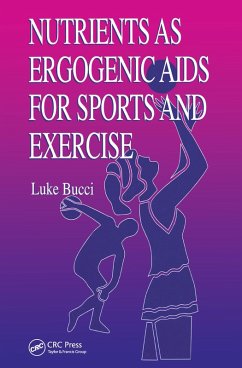
The Exercise Effect on Mental Health (eBook, ePUB)
Neurobiological Mechanisms
Redaktion: Budde, Henning; Wegner, Mirko
Versandkostenfrei!
Sofort per Download lieferbar
72,95 €
inkl. MwSt.
Weitere Ausgaben:

PAYBACK Punkte
36 °P sammeln!
The Exercise Effect on Mental Health contains the most recent and thorough overview of the links between exercise and mental health, and the underlying mechanisms of the brain. The text will enhance interested clinicians' and researchers' understanding of the neurobiological effect of exercise on mental health. Editors Budde and Wegner have compiled a comprehensive review of the ways in which physical activity impacts the neurobiological mechanisms of the most common psychological and psychiatric disorders, including depression, anxiety, bipolar disorder, and schizophrenia. This text presents ...
The Exercise Effect on Mental Health contains the most recent and thorough overview of the links between exercise and mental health, and the underlying mechanisms of the brain. The text will enhance interested clinicians' and researchers' understanding of the neurobiological effect of exercise on mental health. Editors Budde and Wegner have compiled a comprehensive review of the ways in which physical activity impacts the neurobiological mechanisms of the most common psychological and psychiatric disorders, including depression, anxiety, bipolar disorder, and schizophrenia. This text presents a rigorously evidence-based case for exercise as an inexpensive, time-saving, and highly effective treatment for those suffering from mental illness and distress.
Dieser Download kann aus rechtlichen Gründen nur mit Rechnungsadresse in A, B, BG, CY, CZ, D, DK, EW, E, FIN, F, GR, HR, H, IRL, I, LT, L, LR, M, NL, PL, P, R, S, SLO, SK ausgeliefert werden.













